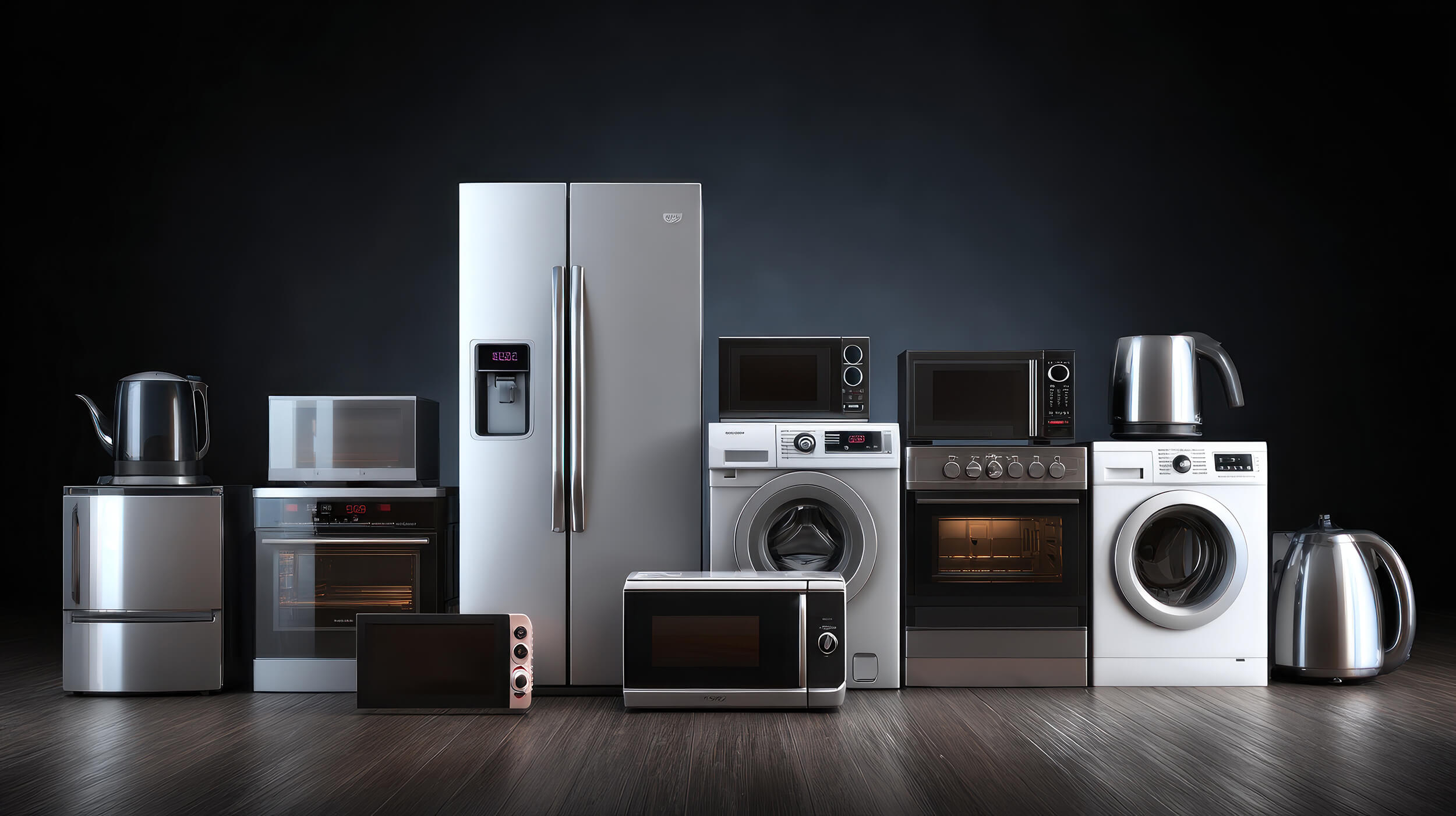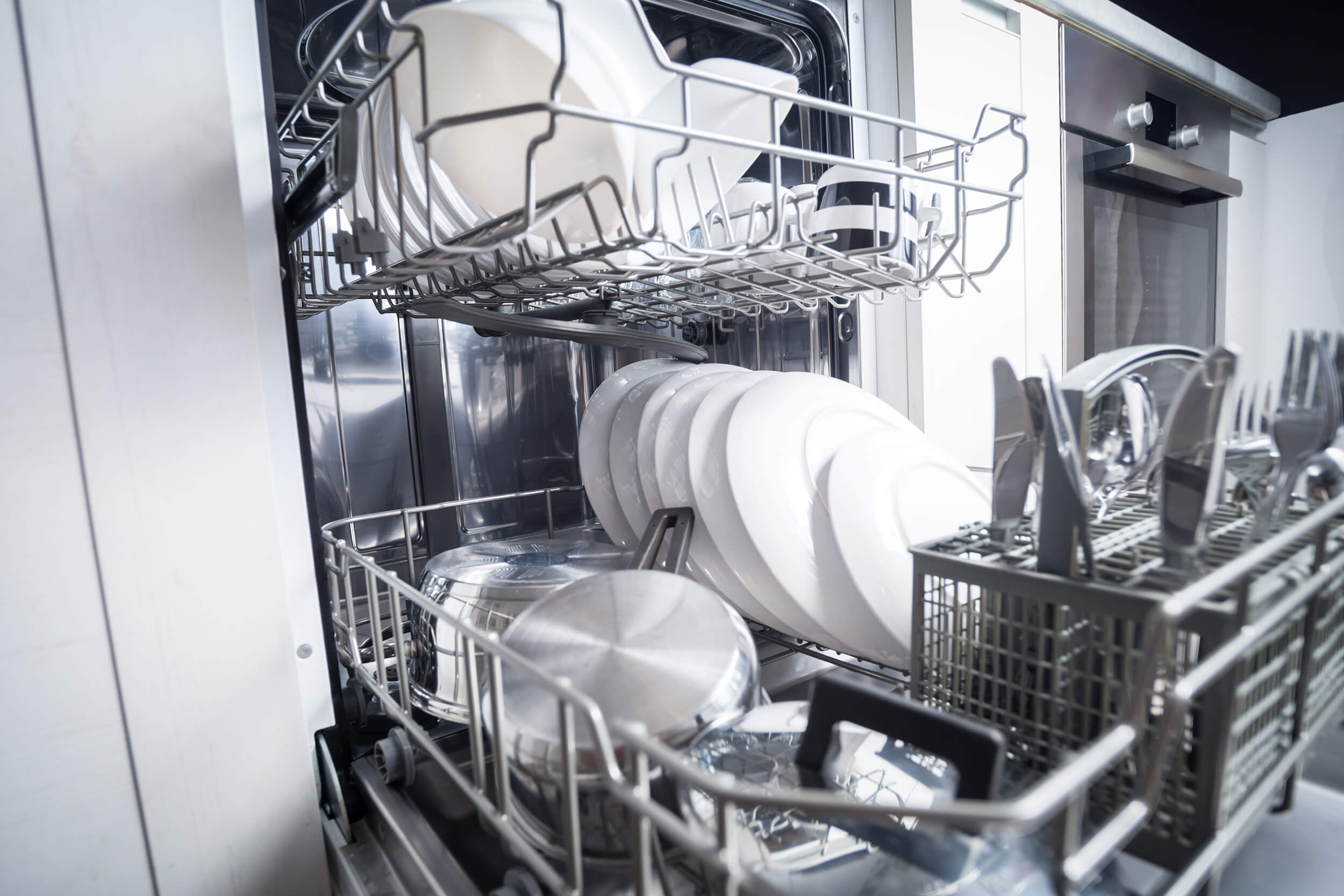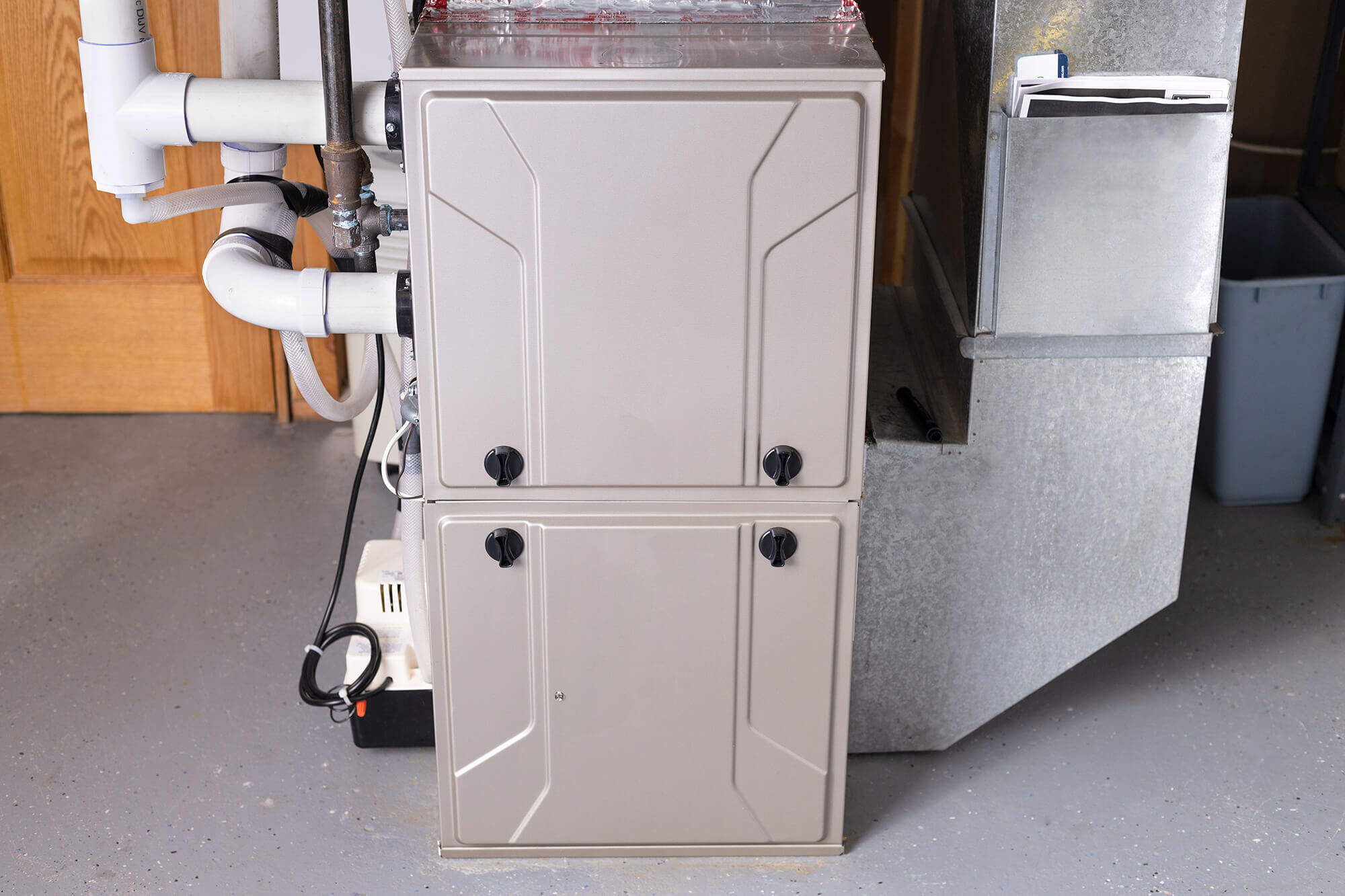

Contact: Ben Somberg, 202-658-8129, bsomberg@aceee.org
Washington, DC—The Biden administration could slash carbon emissions and save the average American household $230 annually on utility bills by 2035 through strengthening energy efficiency standards for appliances and equipment, according to a new report by the Appliance Standards Awareness Project (ASAP) and the American Council for an Energy-Efficient Economy (ACEEE).
Researchers estimated the potential of the Department of Energy (DOE) setting or strengthening standards for 47 products, such as water heaters and refrigerators, over the next several years. They found that these updates could cut carbon emissions over the next three decades by an amount equivalent to eliminating at least 13 coal-fired power plants.
“We have good news for a president-elect who pledged to set aggressive new appliance standards: he’ll significantly cut greenhouse gas emissions and reduce utility bills,” said Steven Nadel, ACEEE executive director. “Strong new appliance standards are imperative for the climate. We have to get more-efficient appliances and equipment in place quickly, and the Biden administration can get started from day one.”
Joanna Mauer, ASAP technical advocacy manager and lead report author, said, “Standards have already made these products more efficient, but the technology keeps advancing and the standards have fallen behind.” She added: “Whether it’s water heaters or furnaces, if we keep installing models that use yesterday’s less-efficient technology, we’ll lock in needless energy costs and carbon emissions for decades to come. Strengthening standards ensures everyone has lower costs.”
In a series of laws over the past four decades, Congress has set and ordered DOE to periodically update efficiency standards for dozens of products, setting a minimum level of energy or water efficiency performance that products manufactured for sale in the United States must meet. In most cases, DOE is required by law to evaluate the standards and consider strengthening them every six years. However, the current administration has not completed a single rulemaking to update appliance standards. DOE has now missed legal deadlines for considering updates to 28 separate standards; it was recently sued by environmental groups and state attorneys general over these delays.
The report finds that by updating standards, the Biden administration could:
- Reduce cumulative carbon dioxide emissions through 2050 by 1.5–2.9 billion metric tons, which is equivalent to the emissions of approximately 13–25 average-size coal-fired power plants over that period (the range depends on the rate at which electricity production becomes less carbon intensive in the years ahead).
- Reduce annual average household utility bills by more than $100 in 2030, by $230 in 2035, and by nearly $350 in 2050. The potential cumulative utility bill savings through 2050 for consumers and businesses are $1.1 trillion.
- Reduce peak electricity demand by almost 90 gigawatts by 2050, which is equivalent to about 13% of current total peak demand, allowing for faster decarbonization of the electric grid at a lower cost.
The ASAP/ACEEE report finds that strengthened standards for residential water heaters, commercial and industrial fans, residential furnaces, and light bulbs could provide the greatest potential emissions reductions. But updates to 45 standards and new standards for 2 products would be needed to achieve the total savings projected.
For each product considered, ASAP and ACEEE researchers estimated potential savings from a new standard that could be met using current technology. DOE could adopt the standards through rulemakings completed over the next few years.
DOE could achieve even greater emissions reductions than calculated in the report by setting standards for products that do not currently have any standard, such as air purifiers and computers, and by improving test procedures used to rate products’ energy and water use to better represent actual usage.
The report authors and experts from NRDC and the National Consumer Law Center will discuss the findings at a webinar briefing at 11:00 am ET on Tuesday, November 17.
What they’re saying:
Ben Evans, vice president of public affairs at the Alliance to Save Energy, said: “These standards are the unsung heroes of energy policy. They reduce strain on the grid, significantly drive down greenhouse gas emissions, and save us all money, particularly low-income households that are struggling to pay their energy bills. Getting these standards back on track should be a top priority for the Biden administration.”
Mel Hall-Crawford, energy programs director at the Consumer Federation of America, said: “Now more than ever, American households can use additional pocketbook savings that energy efficiency standards can deliver. Appliance efficiency standards have consistently proven they provide meaningful benefits to consumers in the form of lower utility bills, as well as significant reductions in carbon emissions. This report is an excellent blueprint for the Department of Energy as it looks ahead to meeting its responsibility of advancing needed cost-effective energy efficiency standards that benefit consumers and also help address climate change.”
Charlie Harak, senior attorney at the National Consumer Law Center, said: "Cost-effective standards for appliances provide hundreds of dollars of benefits annually for low-income households. Moreover, federal standards are essential because these households are quite disproportionately renters, not owners. In the absence of standards, owners often buy highly inefficient appliances because it's the tenants who usually end up paying the energy bills. Federal standards help protect tenants from being saddled with unaffordable utility bills."
Kit Kennedy, senior director of NRDC’s climate & clean energy program, said: “Energy efficiency is the strongest, fastest, cleanest weapon against the climate crisis. It’s critical that the Biden administration take swift, aggressive action to get our national efficiency standards program back on track. Stronger standards help consumers save money on energy bills, reduce energy burdens for low-income Americans and communities of color, slash pollution and create jobs—all so important during the pandemic.”
###




